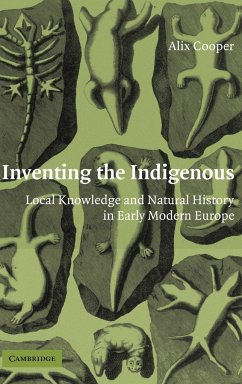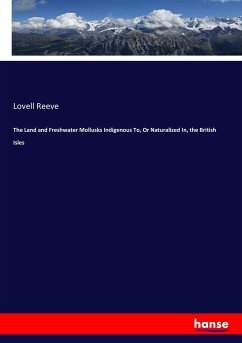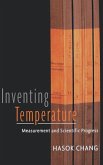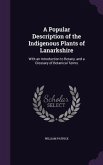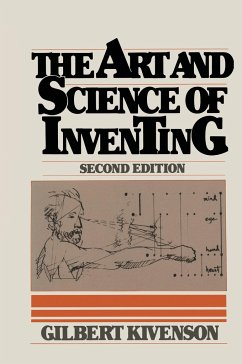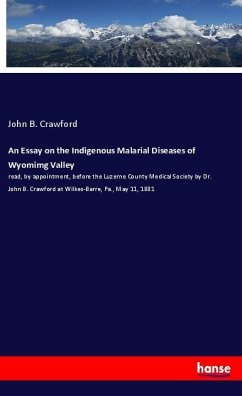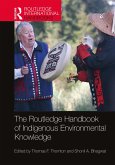In the wake of expanding commercial voyages, many people in early modern Europe became curious about the plants and minerals around them and began to compile catalogs of them. Drawing on cultural, social and environmental history, as well as the histories of science and medicine, this book argues that, amidst a growing reaction against exotic imports - whether medieval spices like cinnamon or new American arrivals like chocolate and tobacco - learned physicians began to urge their readers to discover their own 'indigenous' natural worlds. In response, compilers of local inventories created numerous ways of itemizing nature, from local floras and regional mineralogies to efforts to write the natural histories of entire territories. Tracing the fate of such efforts, the book provides new insight into the historical trajectory of such key concepts as indigeneity and local knowledge.
Hinweis: Dieser Artikel kann nur an eine deutsche Lieferadresse ausgeliefert werden.
Hinweis: Dieser Artikel kann nur an eine deutsche Lieferadresse ausgeliefert werden.
"Finally a book that explains the rich cultural history of the 'indigenous.' Cooper's book is smart, highly readable, and a treasure trove of information for understanding how Early Modern Europeans viewed nature in their own backyard." -Londa Schiebinger, John L. Hinds Professor of History of Science, Stanford University, and author of Plants and Empire

